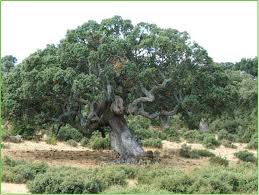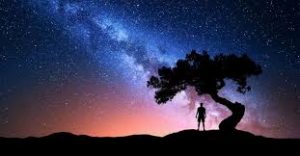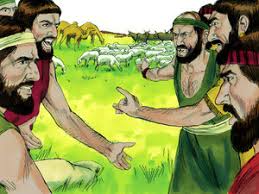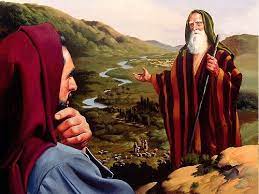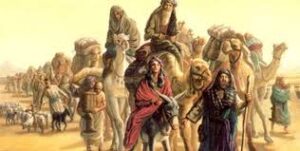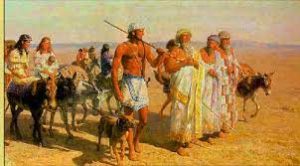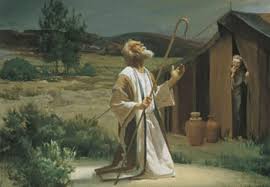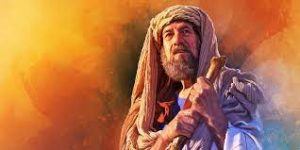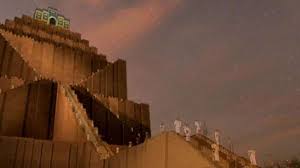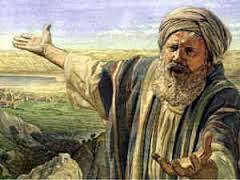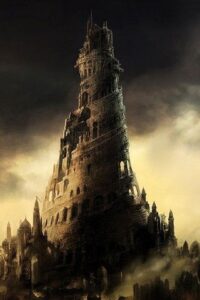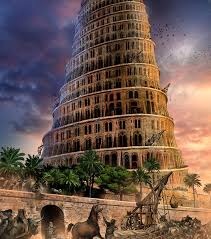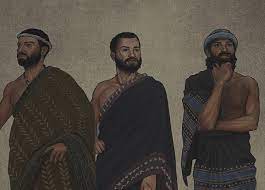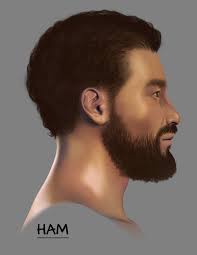Eb – The Four Kings Carried Off Abram’s Nephew Lot 14: 1-12
The Four Kings Carried Off Abram’s Nephew Lot
since He was Living in Sodom
14: 1-12
The four kings carried off Abram’s nephew Lot since he was living in Sodom DIG: How did Lot’s progressive movement toward Sodom dangerously affect his life? What is the point of Abram’s victory over the four kings?
REFLECT: What alliances do you make? Do you make them readily or reluctantly? Have you ever been burned by a partnership that went bad? Or blessed beyond belief by an unexpected ally?
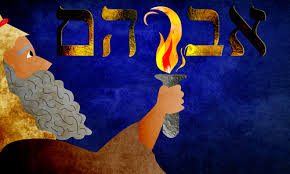
First of all, let me say the Bible is a historical document. In the first eleven verses, it is recorded that the kings of the east defeated the kings of Sodom and Gomorrah. For quite a few years, the critical radical scholars rejected this, saying that these men’s names did not appear in secular history at all and this was a rather ridiculous story. But did you know that the names of these kings have been found on monuments and tablets, showing that they did exist? In fact, Amraphel is now known to be the Hammurabi of secular history. The record that we have here is tremendously significant.247
This is the first recorded military campaign that took place about 2088 BC. At this time four kings of the east, Amraphel, king of Shinar of Babylonia, Arioch, king of Ellasar, Kedorlaomer, king of Elam, and Tidal the Hittite, king of Goiim, invaded the southwest (14:1). These are all non-Hebrew names. Up to the dispersion at the Tower of Babel, all names were Hebrew names and they had meaning in Hebrew. In Chapters 12 and 13 most of the names are Hebrew names. But for the first time in the Bible, we have a large number of names that are not Hebrew and have no meaning in Hebrew. This is more evidence that Hebrew was the original language of mankind.
They went to war against five kings of the plain: Bera, king of Sodom, Birsha, king of Gomorrah, Shinab, king of Admah, Shemeber, king of Zeboiim, and the king of Bela or Zoar. All these kings joined forces in the Valley of Siddim near the southern end of the Salt Sea (14:2-3). The rabbis teach that the rocks surrounding the Salt Sea burst; therefore, streams of water poured into the plain.
Rebellion is what brought the kings of the east against Sodom and Gomorrah. These kings had evidently fought before, because the kings of the east had subjugated these cities of the plain, but cities like Sodom and Gomorrah had reached the place of rebellion.248 For twelve years they had been subject to Kedorlaomer, but in the thirteenth year they rebelled because they did not want to pay tribute anymore (14:4). The result of their rebellion was a destructive invasion led by King Kedorlaomer.
In the fourteenth year the four kings of the east invaded by way of the famous kings highway (Numbers 20:17 and21:22), which was one of the three major trading routes of the ancient Middle East. They went down the eastern side of the Jordan, turned around in the Arabah (the right valley south of the Dead Sea), went up to Kadesh (see 14:7), over to Tamar, and then to the region of Sodom and Gomorrah in the Valley of Siddim (14:8 and 10).249 Kedorlaomer, and the kings allied with him, went out and defeated the Rephaites in Ashteroth Karnaim (or in modern day Golan Heights), the Zuzites (the same as the Zamzummites of Deuteronomy 2:20) in Ham, the Emites in Shaveh Kiriathaim, and the Horites in the hill country of Seir, as far as El Paran near the desert (14:5-6). The defeat of these four kings would have far reaching effects. Eventually the descendants of Lot, the Ammonites and Moabites, and the descendants of Isaac, the Edomites through Esau, would later occupy this territory.
The five cities of the plain apparently were close together at the southern end of the valley. Then the four kings turned back and went to En Mishpat (that is Kadesh), and they conquered the whole territory that the Amalekites would eventually possess since at this point they did not exist, as well as the Amorites who were living in Hazazon Tamar (14:7). By taking this circular motion, they were able to flank the five kings from the southwest and surround them.
Then the five kings of the east, the king of Sodom, the king of Gomorrah, the king of Admah, the king of Zeboiim and the king of Bela (that is, Zoar) marched out and drew up their battle lines in the Valley of Siddim against the four kings, Kedorlaomer king of Elam, Tidal king of Goiim, Amraphel king of Shinar and Arioch king of Ellasar – four kings against five (14:8-9). They prepared for battle, but it was no use. After routing all who might stand in their way, the four dominant kings swooped down to capture the people of Sodom and Gomorrah, carrying them and their possessions away.250
Now the Valley of Siddim was full of tar pits, and when the kings of Sodom and Gomorrah fled (two of the five), some of their men fell into the tar pits and the other three kings fled to the hills (14:10). The rabbis teach that it was only by a miracle that they were able to get out of it.
The four kings looted Sodom and Gomorrah and captured Lot. The four kings seized all the goods of Sodom and Gomorrah and all their food; then they went away. Unfortunately for them; however, they also carried off Abram’s nephew Lot and his possessions, since he was living in Sodom (14:11-12). The rabbis teach that the reason they carried off Lot was the hope of being paid a large ransom for him, as they knew of Abram’s wealth. As Lot traveled with his captors, we wonder what his feelings were, and whether he thought of his uncle Abram, in perfect safety only a few miles off. Little did he know that ADONAI would continue to bless those who blessed Abram and curse those who would curse him (12:3). It was this capturing of Lot that would set the stage for Abram’s actions.




